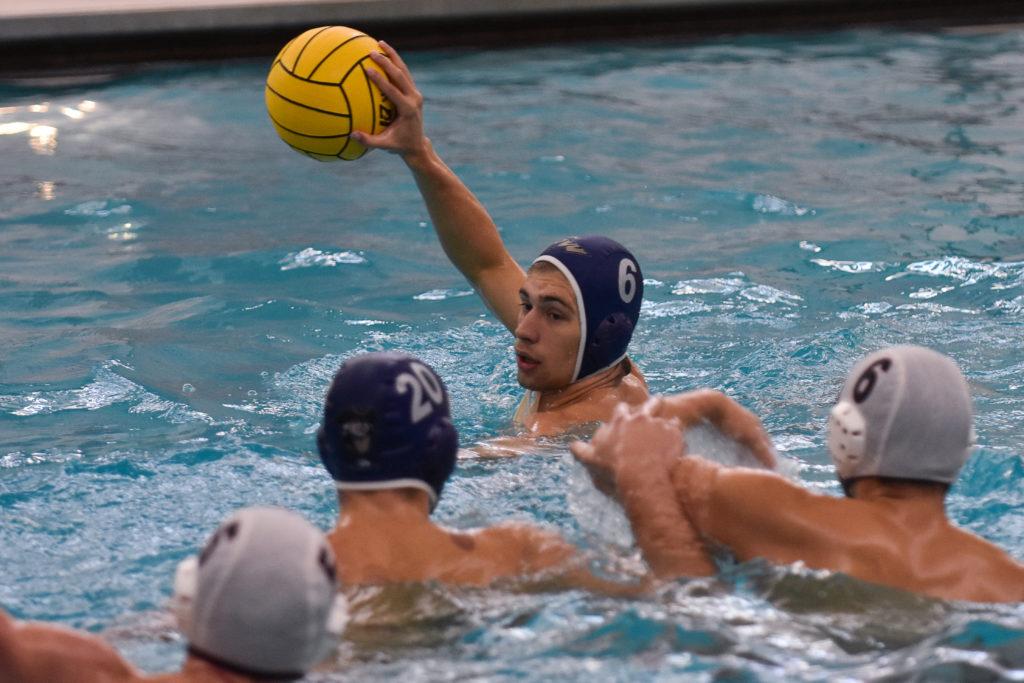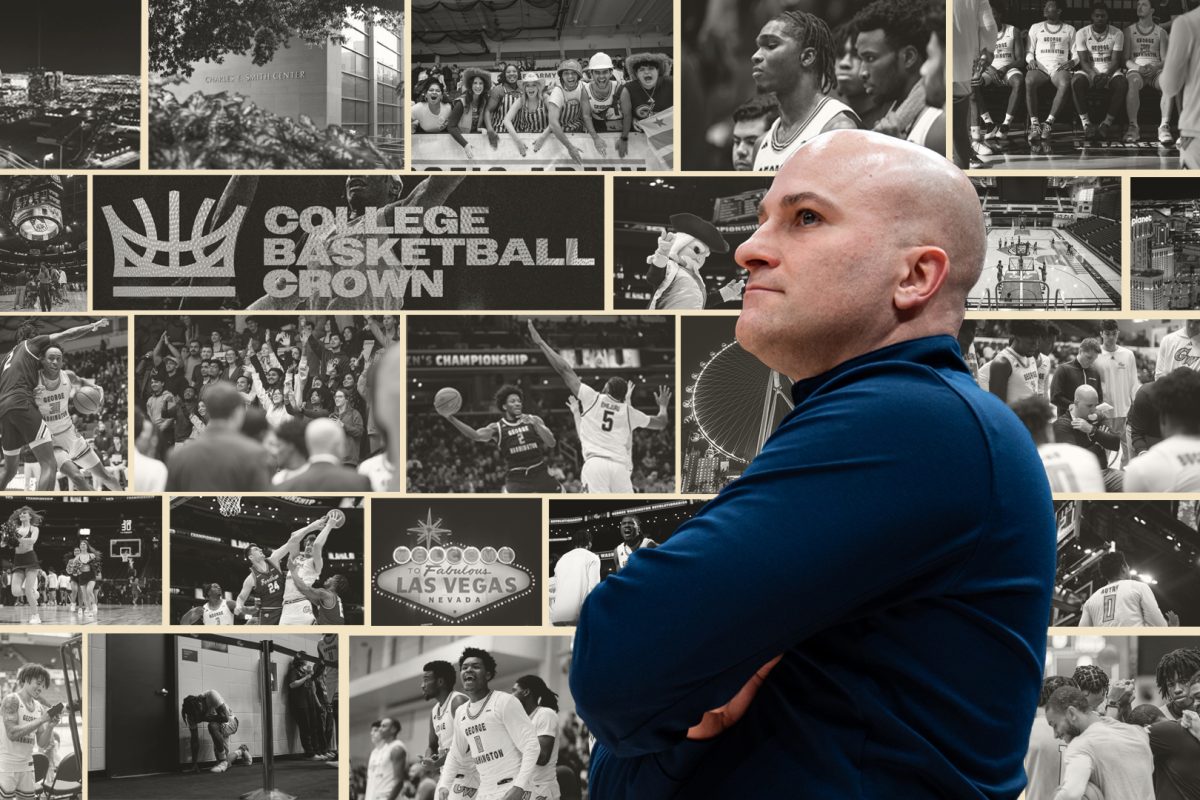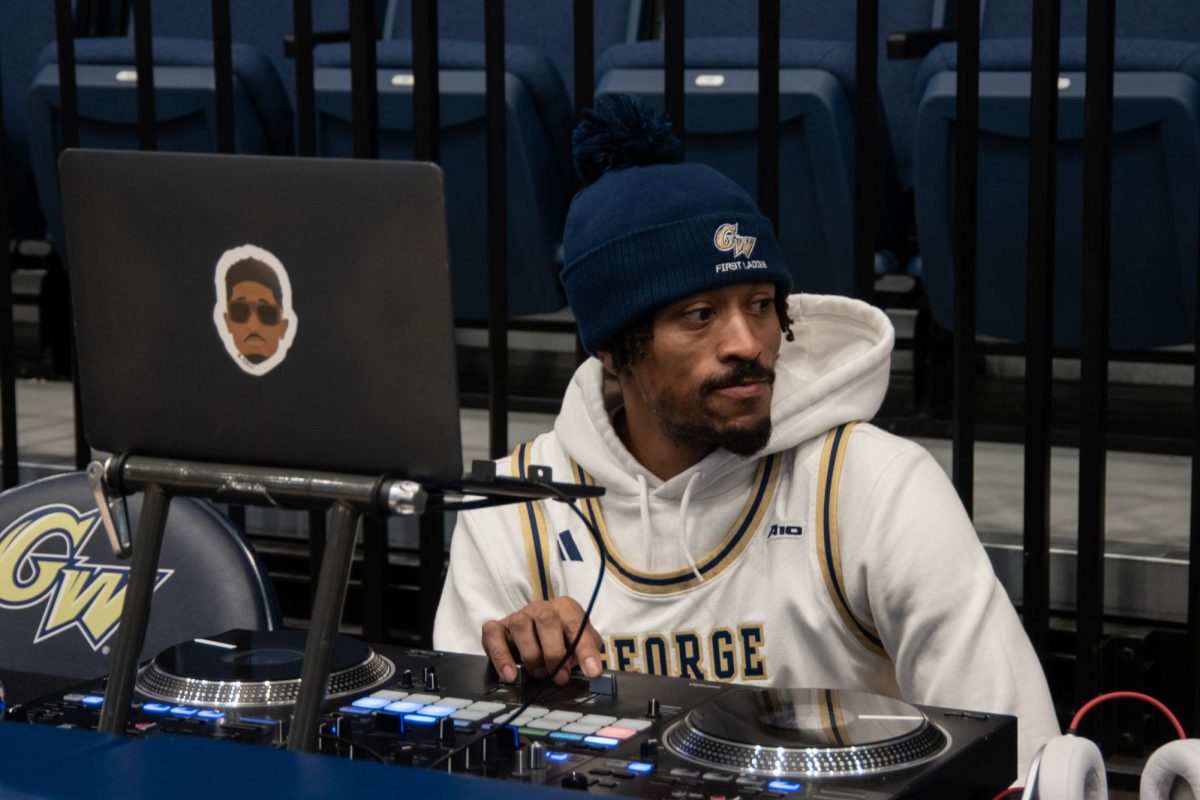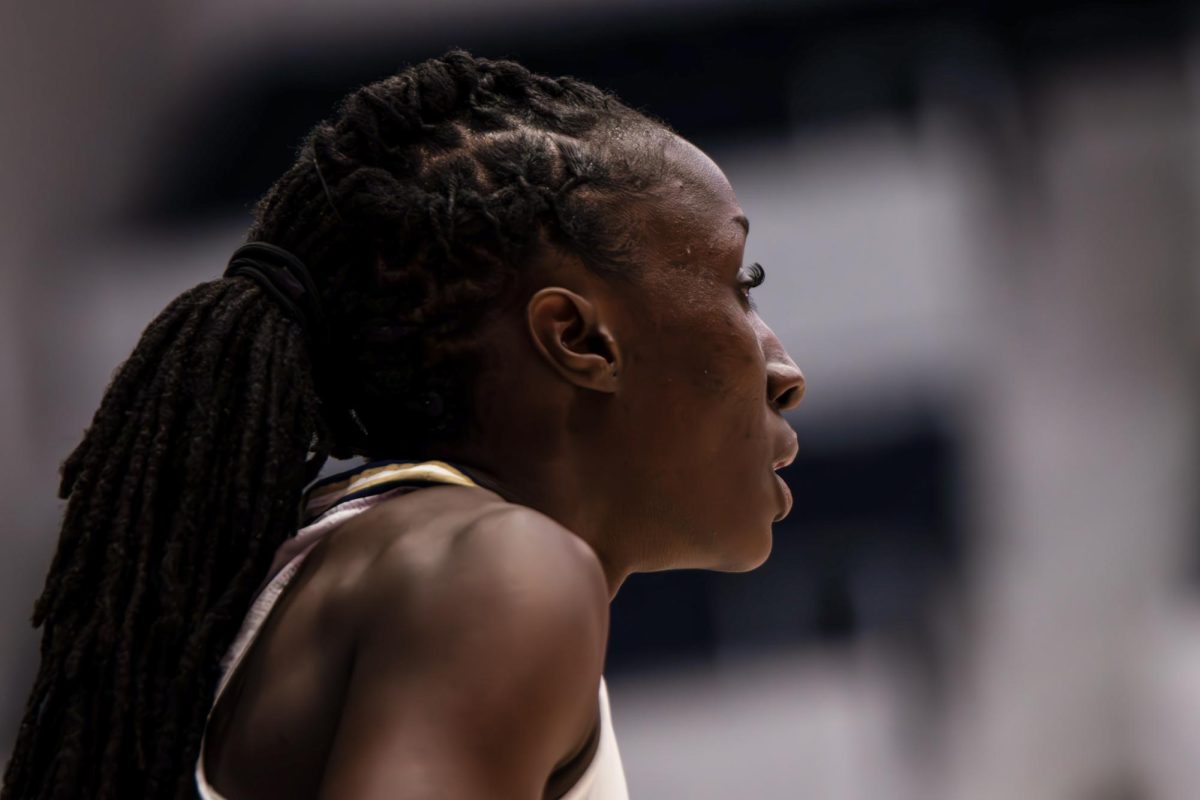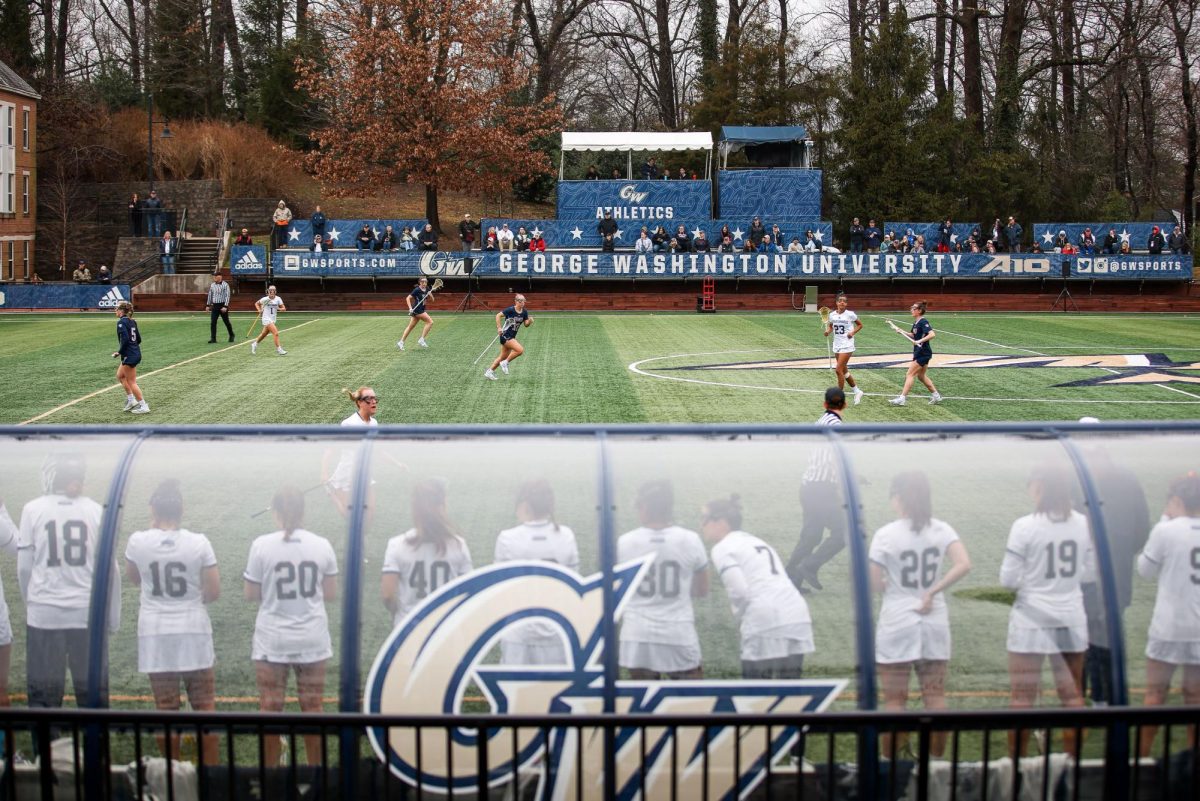Men’s water polo (1-4, 0-3 MAWPC) wrapped up its abbreviated season last week following a loss to La Salle in the semifinals of the Mid-Atlantic Water Polo Conference Championship.
Falling to its first losing record since 2015, the squad managed to play just four of its 10 slated regular season matchups over the course of February. Head coach Barry King said the campaign largely resulted from the continuous starts and stops the team endured, which hindered players’ routines and their ability to perform.
“There was no rhythm,” King said. “There was no flow. We were never allowed to wake up the next day and have it be like the day before. We were certainly not fit in the way that we needed to play our best.”
Typically a fall sport consisting of 25 or more games in the season, the team instead spent last semester conditioning after fall sports were delayed into the spring. The team was then handed a 10-game regular season schedule stretched across the month of February against just three different opponents – Navy, Bucknell and La Salle.
But the team only had the opportunity to play in four of those regular season games, facing five game cancellations between Feb. 13 and Feb. 21 and an additional cancellation Feb. 28. Athletic department spokesperson Eric Detweiler confirmed that the cancellations resulted from “COVID-19 concerns” but declined to specify whether those concerns resulted from either the Colonials or the opponent’s programs.
While King said the team’s morale was occasionally lifted by the chance to return to the pool, the lingering uncertainty posed a real “struggle” for his players.
“The idea that we were going to be able to get in at some time, there’s no doubt we struggled with that and that manifested itself when we got to games,” King said. “The weight of not knowing what tomorrow was going to bring when you’re shedding players for various reasons, it was just never right.”
King declined to say exactly how many of the squad’s 16 rostered players were with the team down the stretch of the season, but noted the number was “significantly lower” than 16. The squad went 1-3 in its four regular season games, losing the initial three outings before wrapping its regular season slate with a win over La Salle.
The squad then came up short in the MAWPC semifinal against the Explorers, enduring a 6–4 loss and failing to return to the finals. GW broke its four-year streak of appearing in the marquee matchup. The Colonials finished second in 2016 and 2019, and won the MAWPC title in 2017 and 2018.
Another major hurdle for the team this season involved overcoming last year’s graduation of three of the program’s best players in its history – utilityman Atakan Destici, goalkeeper Matt Taylor and center Andrew Mavis.
The three wrote themselves into the history books, leading the program in assists, career save percentage, single-season saves, single-season save percentage, career ejections drawn and single-season ejections drawn. Mavis and Destici also rank in the top-five in career goals scored, and the trio contributed significantly to the program’s success over the last few years.
Junior utilityman Nick Schroeder, who was tied for most goals on the team this season with seven, said adjusting to life without those players was difficult. He added that he worked to take on more of a leadership role this season for the team’s eight underclassmen and hopes to continue growing as a leader into next season.
“I tried to step into being a little bit more of a leader this year, and then as a senior, obviously you always expect your seniors to be leaders for the team,” Schroeder said. “So just continuing to do that through this offseason and next year, trying to be as good of a leader as I can for the team.”
While Schroeder said not progressing deeper into the MAWPC Championship was disappointing for the team, he added that they just need to continue working and improving ahead of next year.
“It’ll be a lot easier to work on that next year with no COVID hopefully, because we’ll be able to have more full practices and all that,” Schroeder said. “But it wasn’t a wash. It was nice to have a season, but it showed us that we’re not just going to be able to walk into a championship every year – we’ve got to work hard for it.”
King, the head coach, said the lack of consistent practice time for the team this season taught players about the need to prioritize their own personal preparation moving forward. He added that that’s become even more important in an increasingly competitive water polo landscape.
“This showed them more than anything that we need to be way more fit at the beginning, and the days of playing your way into the season are over,” King said. “The league has gotten that much better, top to bottom, so we’re going to have to be more committed in the offseason to our own personal fitness.”
But King said the season did have its positives, most notably in the effort to assess who would fill some of the holes left by graduates. He added that the season provided the team’s five freshmen with opportunities to learn and grow.
“Instead of tryouts, they got a yearlong introduction into what we need from them without the fullness of a competitive first season in their first-years” King said. “So the first-years are probably the most fortunate ones in this whole thing.”


